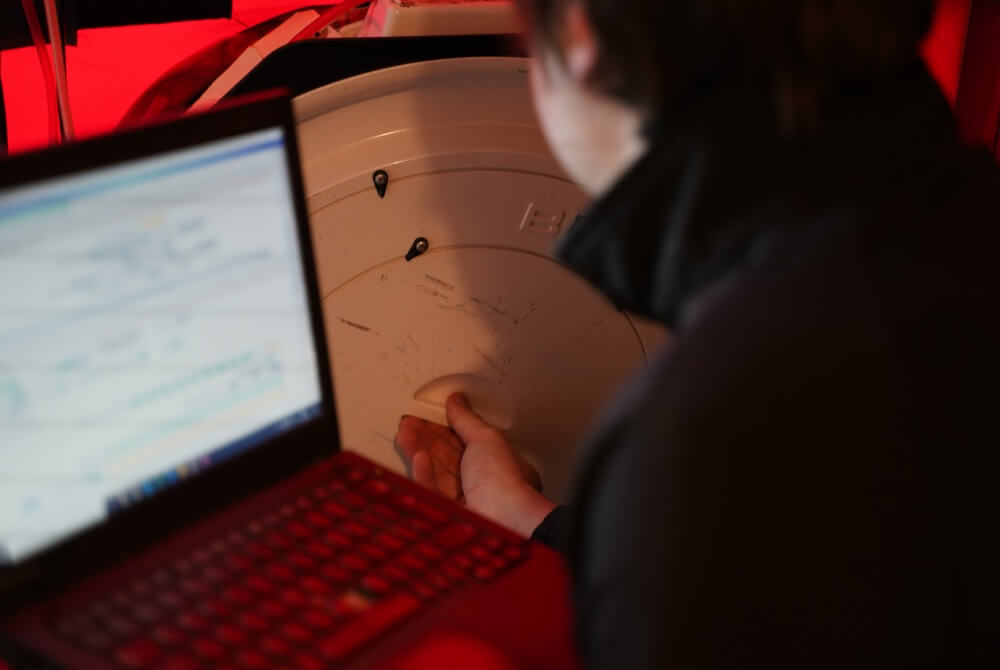Air pressure testing is a crucial process in ensuring that a building meets the required standards for energy efficiency and comfort. By measuring the airtightness of a building's envelope, air pressure testing can identify areas of air leakage and insulation issues, which can have a significant impact on the overall performance of the building. In this blog, we will explore the importance of air pressure testing in building performance and how to ensure that your property meets the required standards for comfort and efficiency.
What is Building Performance?
Building performance refers to the ability of a building to provide a comfortable and healthy indoor environment while minimizing energy consumption and environmental impact. Factors that contribute to building performance include indoor air quality, thermal comfort, acoustics, lighting, and energy efficiency. Building performance is an essential consideration for both new construction and existing buildings, as it can have a significant impact on the health and wellbeing of occupants, as well as the financial and environmental sustainability of the building.
The Role of Air Pressure Testing in Building Performance
Air pressure testing plays a critical role in ensuring that a building meets the required standards for energy efficiency and comfort. By measuring the airtightness of a building's envelope, air pressure testing can identify areas of air leakage and insulation issues, which can impact the overall energy performance of the building. When a building is airtight, it is easier to control the indoor climate, which can reduce the need for heating and cooling, improving energy efficiency.
Air pressure testing can also contribute to indoor air quality by identifying areas of air leakage that may allow pollutants, such as dust and mould, to enter the building. By improving the airtightness of the building, air pressure testing can help to reduce the risk of indoor air pollution and improve the health and wellbeing of occupants.
How to Ensure Your Property Meets Building Performance Standards
To ensure that your property meets the required standards for building performance, there are several key steps that you can take, including:
Conduct Air Pressure Testing
The first step in ensuring that your property meets the required standards for building performance is to conduct air pressure testing. Air pressure testing should be conducted by qualified technicians who are trained to identify areas of air leakage and insulation issues. By identifying these issues early, you can take steps to address them before they impact the overall performance of the building.
Implement Energy-Efficient Measures
Once you have identified areas of air leakage and insulation issues, you can take steps to address them and improve the overall energy efficiency of the building. This can include implementing energy-efficient measures such as upgrading insulation, replacing windows and doors, and sealing air leaks.
Maintain Your Building
Regular maintenance is essential to ensure that your building continues to meet the required standards for building performance. This can include tasks such as replacing worn weatherstripping, repairing damaged insulation, and identifying and repairing air leaks. Regular maintenance can help to prolong the life of your building and ensure that it continues to operate at optimal performance.
Monitor Indoor Air Quality
Indoor air quality is an essential component of building performance, and it is important to monitor it regularly to ensure that it meets the required standards. This can include testing for pollutants such as dust, mould, and volatile organic compounds, and implementing measures to address any issues that are identified.
In conclusion, air pressure testing is a critical component of building performance, as it helps to identify areas of air leakage and insulation issues that can impact energy efficiency, indoor air quality, and occupant comfort. To ensure that your property meets the required standards for building performance, it is essential to conduct air pressure testing, implement energy-efficient measures, maintain your building, and monitor indoor air quality. By prioritizing building performance, you can create a healthy, comfortable, and sustainable indoor environment for yourself and your occupant

.png)

.png)
.png)


